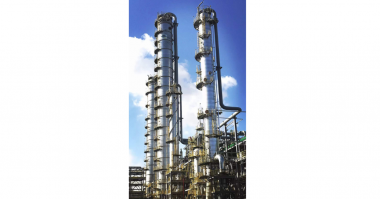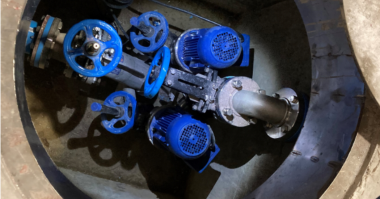When stricter regulations to reduce exhaust gases were implemented by the federal government in 2001, several diesel engine manufacturers had, initially, a negative outlook. The equipment manufacturers knew they would face many challenges while trying to competitively develop and supply the market with lower emitting products. The biggest complaint was that there would be significant increase in cost. Major engineering would be critical to redesigning the diesel engines to significantly reduce particulate matter (PM) and nitrogen oxides (NOx).
Fortunately, the U.S. Environmental Protection Agency (EPA) created the Transition Program for Equipment Manufacturers, which is known to the industry as the “Flex” Program. This program was designed using a “tier” system that would require manufacturers to meet emissions standards for different engine horsepower ranges in phases. During these phases, the manufacturers could continue to sell diesel engines that met emissions standards from the previous tier while they worked to develop lower emitting products. Having these 3-year phases would enable manufacturers to design, develop, test, and create an inventory of products over time, helping them sustain their business and equalize competition. Manufacturers worked from 2004 to 2008 to transition their products from Tier 1 to Tier 2 standards; from 2008 to 2011 to transition from Tier 2 to Tier 3; and the industry is currently transitioning from Tier 3 to Tier 4 – the final tier in the program; which means that all diesel engines produced should meet EPA emissions standards by the end of 2014.
What does this mean for the market place?
Though a 250HP diesel engine meeting Tier 4 standards might now cost $46,000 where the same engine meeting Tier 3 standards would have cost $30,000, the increase in purchase cost is offset by the benefits of using more efficient equipment. The push to design more efficient engines has resulted in improved equipment features, such as highly sophisticated fuel injection systems with high fuel injection pressures (because lower emissions are achieved through the uniform burning of oil, high pressure is needed to atomize fuel), onboard computers with sensors to adjust the fuel injection to keep emissions at low levels, particulate filters which collect or convert exhaust into harmless substances, and electronic controls which enable operators to vary the speed of their pumps.
Another positive effect of using these new engines is that fuel consumption is substantially less. So even though the cost of diesel engines has gone up, the cost of running the engines has gone down. The end user actually saves money over time.
Believe it or not, all these changes over the last decade have actually helped. The market place has more efficient products, is benefitting from using less fuel and therefore lowering fuel costs, and is reducing their impact on the environment. This goes to show that regulations are not always bad – they can have some really positive effects. Any plan for change will have clear consequences, but the indirect benefits can be truly fantastic!




Comments